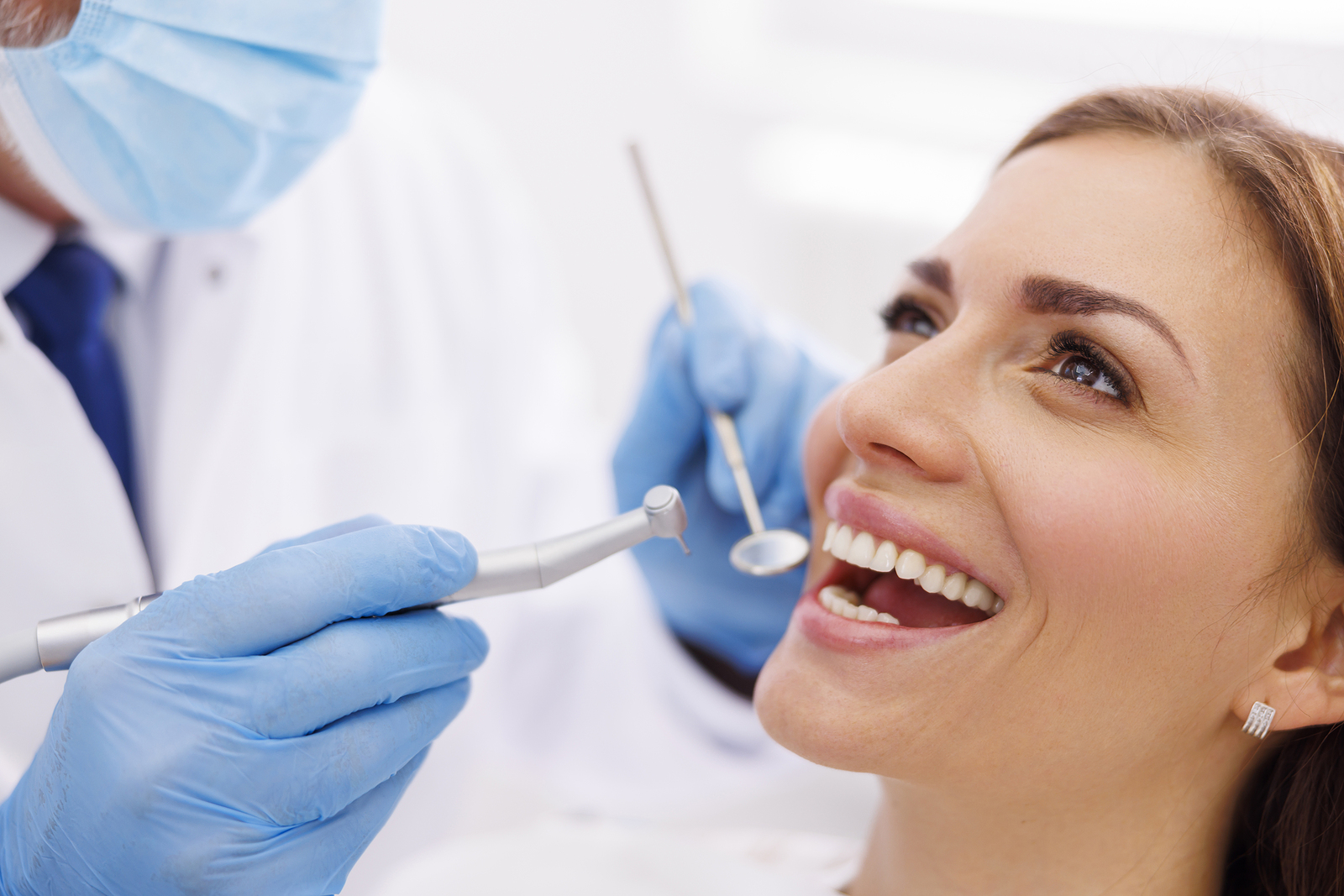Good oral hygiene practices are essential to maintain good oral health. Practicing good oral hygiene means maintaining your smile by visiting your dentist regularly and taking care of your teeth and gums and teeth at home.
Brushing Your Teeth
Brush teeth at least twice each day. Use a toothbrush with a soft-bristled head. This will help prevent any damage to your enamel while brushing and reduce the risk of gum recession. Use the appropriate techniques for brushing your teeth. If you are not sure, ask your dentist to demonstrate proper technique at your next visit.
Be sure to brush your tongue as well. This will remove additional bacteria and plaque from your mouth. You should replace your toothbrush every three to four months, after a cold or other illness, or if bristles are frayed. You should also change your toothbrush after a mouth injury, even if no damage is visible to the naked eye.
Flossing
Did you know that you should be flossing after every meal? It’s easy to forget about this step when brushing your teeth because you’re not thinking about it while you’re eating. However, food can easily get stuck between your teeth, which can lead to cavities and irritation of the gums. Keep your mouth clean by flossing after each meal. In addition to brushing and flossing every day, schedule regular dental checkups to maintain a healthy mouth for life! Let the dentist help you keep a clean and healthy smile.
Brushing Your Tongue
Many people brush their teeth but not their tongues. Bacteria on the tongue can break down proteins and produce sulfur compounds that are responsible for bad breath. The bacteria can also irritate the gums and cause inflammation. It is important to thoroughly clean the tongue by brushing it daily with an oral cleaner. If the smell is caused by an underlying condition such as diabetes, it is important to check with your doctor and/or dentist for treatment of the condition causing the odor.
Cleaning Dentures and Dental Appliances
While dentures are not natural teeth, it is essential to clean them properly to avoid bad breath and other tooth decay problems. Patients should brush their dentures after every meal to remove food and plaque, which is a leading cause of tooth decay. If your dentures have metal clasps, be sure to soak them in denture cleanser or water before brushing.
Avoiding Dry Mouth
The first thing you can do to prevent bad breath is to avoid dry mouth. Many things can cause your mouth to feel dry, including medications, certain medical conditions, and breathing through the mouth. A lack of saliva can be a problem because saliva washes away food particles and bacteria. When food particles are left behind, they can rot, creating unpleasant odors. Additionally, a lack of saliva can leave your breath feeling stale. Fortunately, there are several things you can do to stay hydrated and prevent dry mouth. Drink plenty of water throughout the day. Stay hydrated to help replenish your fluids. Chewing sugar-free gum can help stimulate the production of saliva. You may also want to talk to your doctor about alternative medications if you are taking one that causes dry mouth.
For the best dental care tailored to your needs, visit West Lake Dentistry at 298 N. Hwy 16 Suite E, Denver, NC 28037, or call (704) 483-1870.
More Blog Posts
Office Hours
MON9:00 am - 5:00 pm
TUE - WED7:00 am - 3:00 pm
THU7:00 am - 2:00 pm
FRI - SUNClosed









